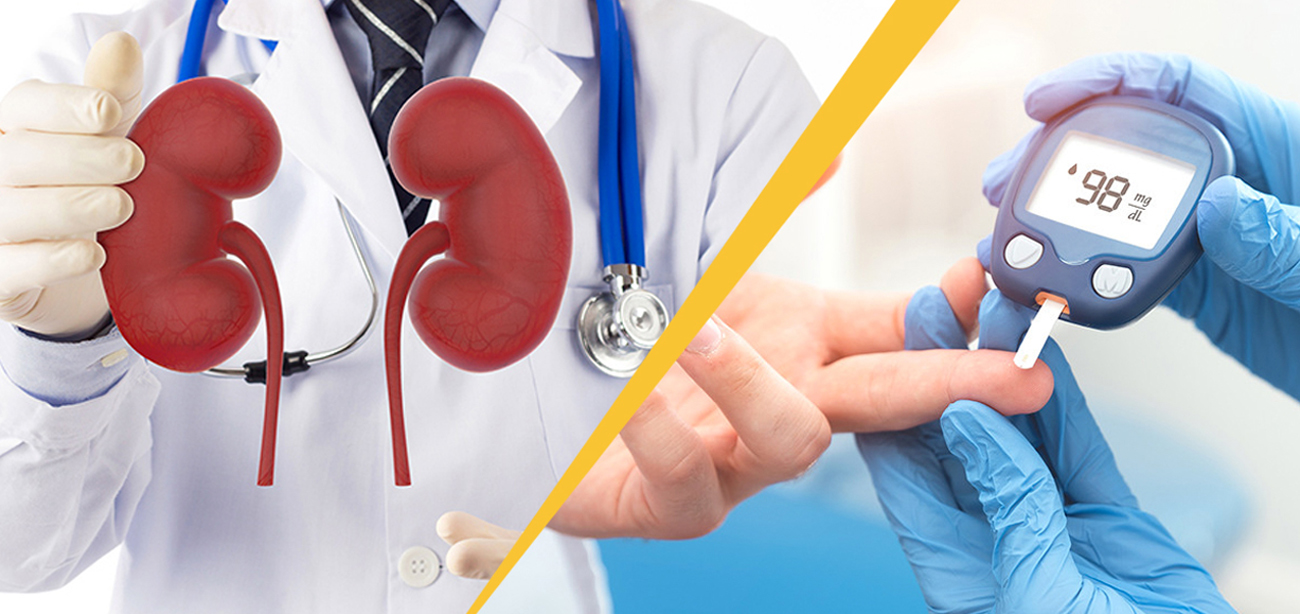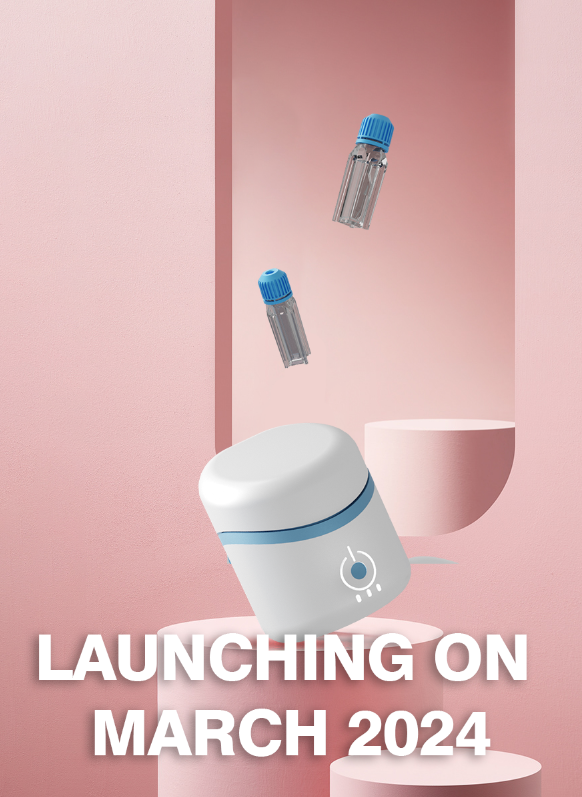
The Vital Connection: Diabetes and Kidney Disease!
Chronic Kidney Disease (CKD) is often a silent intruder, sneaking up on individuals without obvious symptoms until it reaches an advanced stage. By the time people realize they have CKD, they may require dialysis or a kidney transplant to survive.
Protecting Your Kidneys: The Vital Connection Between Diabetes and Kidney Disease
Introduction
Chronic Kidney Disease (CKD) is often a silent intruder, sneaking up on individuals without obvious symptoms until it reaches an advanced stage. By the time people realize they have CKD, they may require dialysis or a kidney transplant to survive. If you have diabetes, understanding the link between diabetes and kidney disease is crucial. In this blog post, we will explore how diabetes can lead to kidney disease, the importance of regular check-ups, and practical tips to maintain kidney health.
The Diabetes-CKD Connection
Diabetes, a condition characterized by high blood sugar levels, is a significant risk factor for CKD. Both type 1 and type 2 diabetes can contribute to kidney disease, and approximately 1 in 3 adults with diabetes ultimately develops CKD. But how does diabetes cause kidney disease?
The Mechanism:
Inside each kidney are millions of tiny filters called nephrons. High blood sugar levels over time can inflict damage on the blood vessels in the kidneys, as well as the nephrons themselves. This damage impairs their ability to function optimally. Moreover, diabetes often leads to high blood pressure, which further harms the kidneys. CKD is a gradual process, often without noticeable symptoms in the early stages, making regular medical check-ups imperative.
Early Detection Is Key
Early detection of CKD is the cornerstone of effective management and prevention of complications. If you have diabetes, you should undergo regular kidney screenings, which involve simple blood and urine tests. These tests can identify CKD at its earliest stages when treatment is most effective.
Tips for Kidney Health
While diabetes and CKD are closely linked, there are steps you can take to protect your kidneys:
Manage Blood Sugar, Blood Pressure, and Cholesterol:
Blood Sugar Control: Aim to keep your blood sugar levels within your target range consistently. Regularly monitor your blood sugar and consult your healthcare provider to determine the appropriate frequency for testing.
Blood Pressure Management: Keep your blood pressure below 140/90 mm/Hg or as recommended by your healthcare provider. Explore medications and lifestyle changes to achieve this goal.
Cholesterol Control: Maintain your cholesterol levels within a healthy range, as elevated cholesterol is a risk factor for both heart disease and kidney disease.
Incorporate Healthy Habits:
Exercise Regularly: Physical activity plays a crucial role in preventing kidney disease. Strive for at least 150 minutes of moderate exercise each week.
Dietary Choices: Opt for a balanced diet rich in fruits, vegetables, and whole grains. Limit sodium intake and make heart-healthy food choices.
Medication Adherence: Follow your prescribed medications diligently and consult your healthcare provider before making any changes or adding supplements.
Prediabetes and Kidney Disease Prevention
For individuals with prediabetes, taking proactive measures to prevent type 2 diabetes can also reduce the risk of kidney disease. Studies indicate that losing 5% to 7% of body weight, equivalent to 10 to 14 pounds for a 200-pound person, can prevent or delay the onset of type 2 diabetes. Achieve this by adopting a healthier lifestyle, including better eating habits and regular physical activity. Consider joining CDC's National Diabetes Prevention Program to receive expert guidance on establishing these healthy lifestyle habits.
Conclusion
Diabetes and kidney disease share a close relationship, but with vigilance, regular check-ups, and a commitment to a healthy lifestyle, you can protect your kidneys from the insidious progression of CKD. Remember that early detection and intervention are your greatest allies in preserving kidney health and overall well-being.
Ref:
2. https://www.frontiersin.org/articles/10.3389/fcdhc.2021.728320/full

